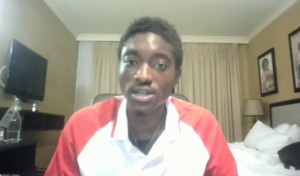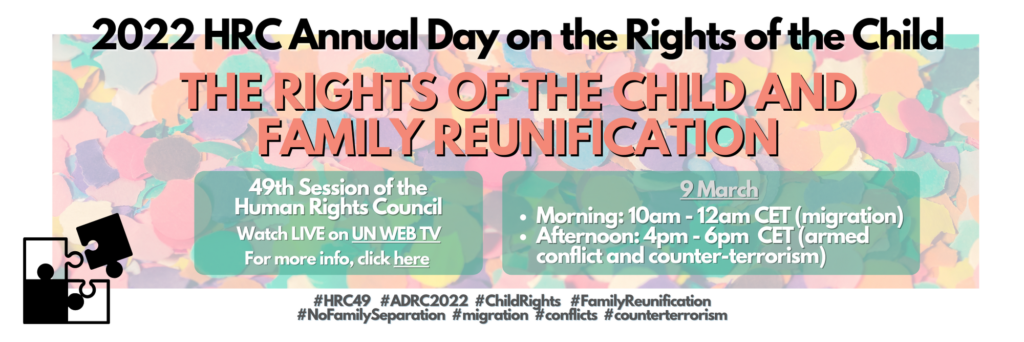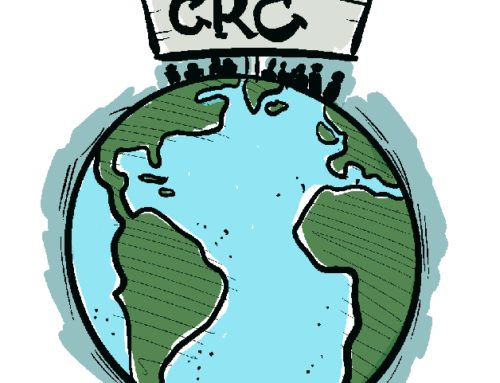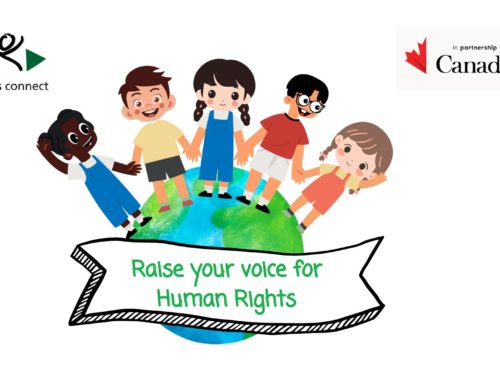“The right to grow up in a family environment must be respected and fulfilled, (…) [and] children’s opinions and experiences should be taken into account”, highlighted Michelle Bachelet, UN High Commissioner for Human Rights, during the opening of the 2022 Annual Day on the Rights of the Child with a focus on the rights of the child and family reunification in the contexts of migration, armed conflict, and counter-terrorism.
The Annual Day aimed at identifying the implications of a child rights approach to family reunification, especially to prevent the separation of children from their families, and address children affected in cross-border situations.
Its morning panel was dedicated to discussing challenges and opportunities for family reunification in the context of migration. The panelists were Eduardo, a 17-year-old child advocate, Felipe González Morales, Special Rapporteur on the human rights of migrants, Luis Ernesto Pedernera Reyna, Member of the Committee on the Rights of the Child (CRC), and Daniela Reale, Global Lead on Refugee, Migrant and Displaced Children at Save the Children.
Eduardo is one of the 33 million children who, according to UNICEF, migrated in recent years due to causes such as conflicts, climate change, poverty, and vulnerability. He shared with the audience some of the long-lasting consequences of being separated from his father and older siblings:
“Growing up separated from family stripes us of the joy and experiencing our childhood fully. Many of children like me do not know what it means or looks like to be raised in a family setting, and this causes multiple psychological issues that affected us and might still affect me till I reach adulthood. Family separation hinders a lot of children from the opportunity of experiencing their basic rights to education, protection, love and the right to belonging.”

Eduardo during the 2022 Annual Day
To overcome this scenario, Eduardo called on the States and the UN to increase governance and cooperation on addressing the multidimensional factors that cause people to migrate, strengthen efforts for peace and address root causes of family separation, and make sure that children’s voices are heard and taken into account in the process. The panelists also stressed the importance and urgency of expanding the accessibility of safe and regular pathways for family reunification, ensuring migrant children are well integrated into child protection and social welfare systems, and that States prohibit the detention of children. “Migrant children are children first”, highlighted Felipe González.

The afternoon panel focused on family reunification in the context of armed conflict and counter-terrorism. The panelists included Virginia Gamba, Special Representative of the Secretary-General for Children and Armed Conflict (SRSG/CAAC), Cornelius Williams, Associate Director of Child Protection at UNICEF, Fionnuala Ní Aoláin, Special Rapporteur on the promotion and protection of human rights and fundamental freedoms while countering terrorism, and Helen Durham, Director of International Law and Policy at International Committee of the Red Cross.
The panel started with the personal experience of a 17-year-old boy who was repatriated to Uzbekistan in 2019 from a conflict area. He shared his experiences of reunification with his extended family after losing his nuclear family and urged states to “make every effort to return their people back to their homeland”.
Panelists emphasized that conflict is one of the main drivers of family separation, with children being the most vulnerable victims of the conflict. They stressed that children are at high risk of being recruited by armed and terrorist groups, and reminded States that, according to international standards, children in these circumstances should be treated primarily as victims and not as a security threat. Children should not be detained, and repatriation, reintegration, and family reunification must be prioritized in line with the rights of the child.
In this context, it was emphasized the importance of ratifying the Optional Protocol on children in armed conflict as it marks 20 years since its entry into force, and endorsing the Paris Principles and guidelines on children associated with armed forces or armed groups.
Ahead of the Annual Day, Child Rights Connect together with a Taskforce of members and UNICEF, developed a joint position paper to inform the Annual Day discussions and the resolution on this topic to be adopted during this Council session. During the morning panel, Child Rights Connect made a joint statement, bringing into the discussion key recommendations from the position paper. In addition, several members made interventions during the morning and afternoon panels.
Once again, Child Rights Connect continued to work with the organisers to ensure that children’s voices were part of both panels, and for the first time, OHCHR consulted children in the preparation of their report on this theme, with the support of Child Rights Connect and Save the Children.
You can watch the morning session here and the afternoon session here. Find an overview of the day here.









